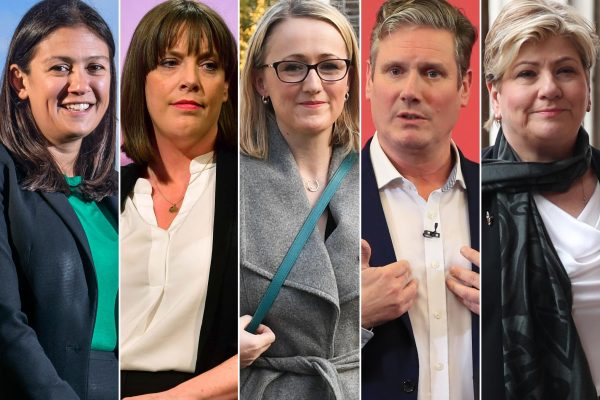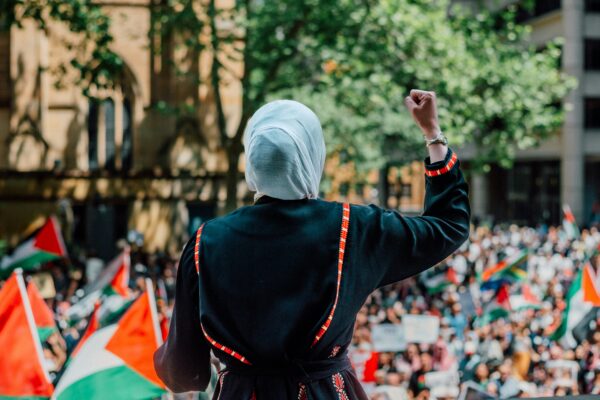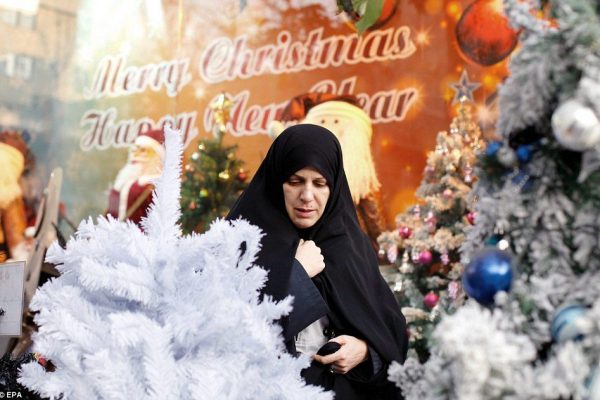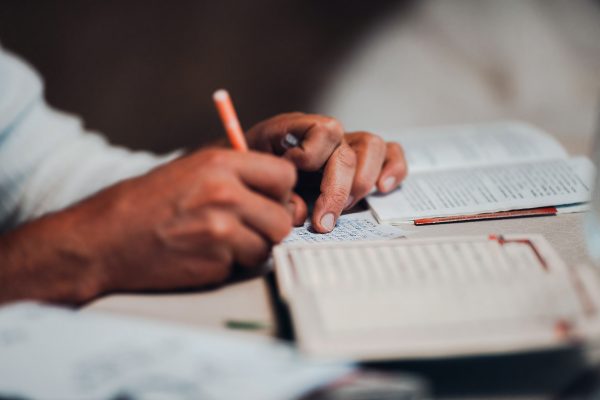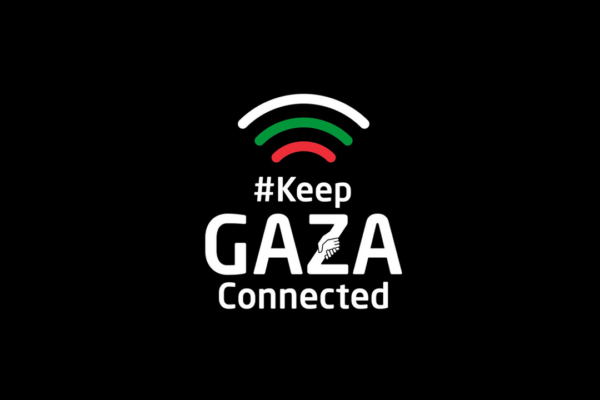In order to be taken seriously, we need to act together.
In order to be taken seriously, we need to act together.
It has been almost two decades since the tragic events of 9/11 and the subsequent persecution of Muslims in the media and government policy. Since then, Muslims have scrambled to find their Muslim identity and resist the pressure to cave in. Dozens of Muslim organisations have been formed to empower our communities across the Western Muslim world. These organisations and the activists who are part of them all share a mutual interest; the protection of Muslim civil rights and the end of the negative portrayal of Islam in the media.
Yet there has been little notable progress in our coordination and collaboration of efforts.
Instead, we have become embroiled in inter-community politics and ideological dogma, whilst all working hard towards an objective we all believe in. This inability to pool our ideas and resources together has debilitated us from being able to affect real change at a policy level or even prevent the mainstream media from their consistent negative depiction of Islam and Muslims. Our organisations are working in isolation from each other, in some instances in spite of each other. How then, can we expect our community to be able to move forward?
In March 2018, news began to circulate on social media of ‘Punish a Muslim Day’ – letters were sent anonymously to people in the UK encouraging them to undertake acts of abuse and violence towards Muslims on the 3rd of April. In the build-up to this day, there was much hysteria within our community and tragically many Muslims chose not to leave their homes on 3rd April, in fear of being attacked. Whilst it appears it amounted to nothing but a hoax, the reality is Muslims were forced into a position of being fearful – in a society which supposedly respects their religious freedoms. It’s almost dystopic how Muslims have become desensitized to such a thing.
How is it that the Muslim community can have acts of violence threatened against them en masse, and yet the mainstream narrative is only focused on erroneous accusations of ‘anti-semitism’ against Jeremy Corbyn?
In the 2-3 week period after the ‘Punish a Muslim Day’ story broke, the news cycle in the UK was almost entirely focused on a debate about ‘Anti-Semitism’ in the Labour Party. In effect, the Jewish/Zionist lobby has been able to manufacture an outcry for anti-semitism conflating it with anti-zionism. How is it that the Muslim community can have acts of violence threatened against them en masse, and yet the mainstream narrative is only focused on erroneous accusations of ‘anti-semitism’ against Jeremy Corbyn?
In order to be taken seriously, we need to act together.
The only conclusion that can be reached is that our lack of coordination and collaboration as a community has compromised our ability to be taken seriously by both government and the media. In order to be taken seriously, we need to act together. Our organisations need to, nay, must find a way of being able to mobilise their efforts to achieve their goals – both independently as organisations and collectively as part of a united vision and a united Ummah.
In order for us to move forward as a community, together, there is a lot of maturity that needs to take place. Heads of organisations and activists within them need to take a big step back to look at the bigger picture, and not be clouded by dogmatic bubbles enforced by echo chambers of their own creation.
This means being able to recognise and respect differences we have in tactics, strategy, and ideology; allowing those differences to exist to empower us and enable change. This differences can essentially be boiled down to the Malcolm X vs. Martin Luther King mindset – radical change vs. diplomatic change.
In the British Muslim activist space there exist similar parallels. Unfortunately, we don’t see a respect for the different approaches. We need a combination of both styles of activism, and play to the strengths of different organisations to achieve the best results. Sometimes, we may need to take a more radical approach to affect change, other times it may require diplomacy, and sometimes both. Perhaps we can learn from the civil rights movement: when our voices become fragmented or polarised, we collectively disable the entire community’s aspirations.
Yes, there is a discussion to be had as to what approach to take in different contexts – but that discussion will only be meaningful if heads of our organisations are communicating with other, frequently, with humility and maturity. We need to move away from the destructive tendencies to shoot each other down the minute an organisation does something which contradicts our own ideology. This means being able to sit around a table with organisations/people you fundamentally disagree with. This also means respecting other organisations’ independence to act as they deem appropriate.
Of course, there are some principles which shouldn’t be transgressed (e.g exchanging the dignity of the Ummah/Islam in exchange for a short-term win, or publically creating disunity and division). Naturally, we may make mistakes and bad decisions, but we need to empower each other to learn from these mistakes and suggest alternative routes to achieve the desired outcome. The first step is to sit on the same table and be able to talk; the second step is to collaborate and share resources to improve our efficiency; and the last step, God willing, will be to coordinate our independent efforts to deliver maximum impact for our community’s voice.
Let’s build forward, together and strong.
“And hold firmly to the rope of Allah all together and do not become divided. And remember the favor of Allah upon you – when you were enemies and He brought your hearts together and you became, by His favor, brothers. And you were on the edge of a pit of the Fire, and He saved you from it. Thus does Allah make clear to you His verses that you may be guided.” (3:103)



